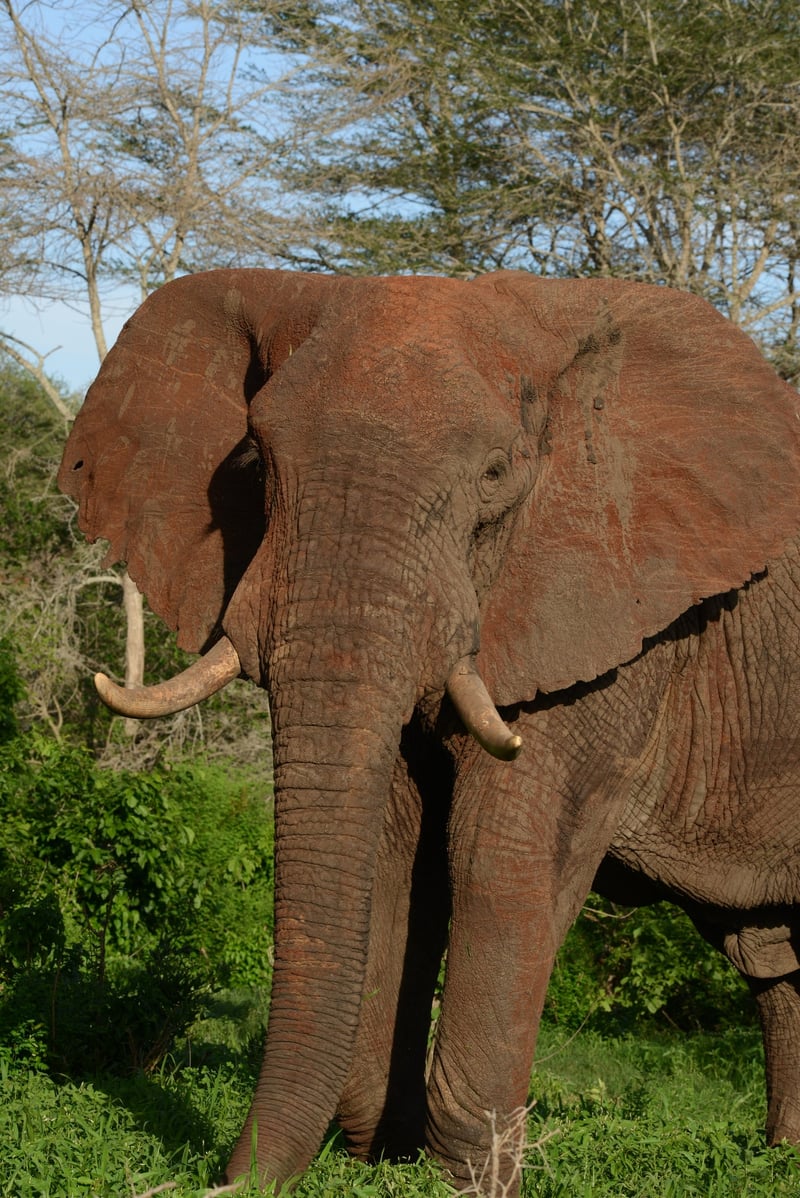
Anti-poaching hero killed protecting elephants
News
The tragic death of Roger Gower, the former accountant turned anti-poaching pilot who was killed when his helicopter was shot by poachers on Friday, shows the extreme brutality employed in this appalling trade.
Mr Gower was working for the Friedkin Conservation Fund to track down and arrest elephant poachers when he was fatally shot. While wounded, he managed to land the helicopter, saving the life of his colleague, but died before help could arrive.
While this may be shocking to many, it is a sad reflection of a brutal industry that accidents like this, while uncommon, are not surprising.
The poaching industry is endemic, organised, ruthless and often organised through criminal gangs. Revenue generated by poaching comes just behind the illicit drug trade and the illegal arms trade.
World Ranger Day, on 31 July every year, commemorates rangers killed or injured on duty, and celebrates their contribution to protecting animals, and natural and cultural treasures.
The 2015 World Ranger Day Honour Roll reported 21 ranger deaths from homicide, from a total of 53 deaths in service.
As long as cruel trafficking in the body parts and products of wildlife remains a lucrative trade, we can expect to see extreme methods employed in the exploitation of animals, endangering both animals and the people protecting them.
Ivory poachers were responsible for the death of 100,000 African elephants in just three years from 2012-14, and have decimated the elephant population of central Africa by 64 per cent in only a decade.
This time, protection has come at a very high cost.
Globally, people are paying tribute to the courage and dedication of Roger Gower in defending wildlife. Our thoughts go out to his family and friends, and we pay our pay our respects to all of the rangers that have lost their lives protecting animals.
As long as cruel trafficking in the body parts and products of wildlife remains a lucrative trade, we can expect to see extreme methods employed in the exploitation of animals.